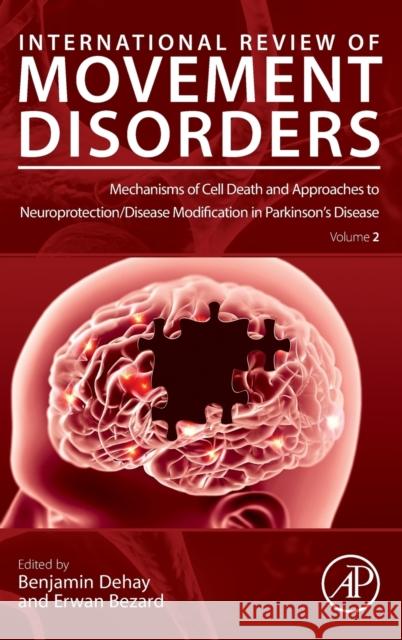Mechanisms of Cell Death and Approaches to Neuroprotection/Disease Modification in Parkinson's Disease: Volume 2 » książka
topmenu
Mechanisms of Cell Death and Approaches to Neuroprotection/Disease Modification in Parkinson's Disease: Volume 2
ISBN-13: 9780323899437 / Angielski / Twarda / 2021 / 314 str.
Mechanisms of Cell Death and Approaches to Neuroprotection/Disease Modification in Parkinson's Disease: Volume 2
ISBN-13: 9780323899437 / Angielski / Twarda / 2021 / 314 str.
cena 843,85
(netto: 803,67 VAT: 5%)
Najniższa cena z 30 dni: 835,22
(netto: 803,67 VAT: 5%)
Najniższa cena z 30 dni: 835,22
Termin realizacji zamówienia:
ok. 30 dni roboczych.
ok. 30 dni roboczych.
Darmowa dostawa!
Kategorie:
Kategorie BISAC:
Wydawca:
Academic Press
Seria wydawnicza:
Język:
Angielski
ISBN-13:
9780323899437
Rok wydania:
2021
Numer serii:
001210926
Ilość stron:
314
Waga:
0.59 kg
Wymiary:
22.86 x 15.24 x 1.91
Oprawa:
Twarda
Wolumenów:
01











